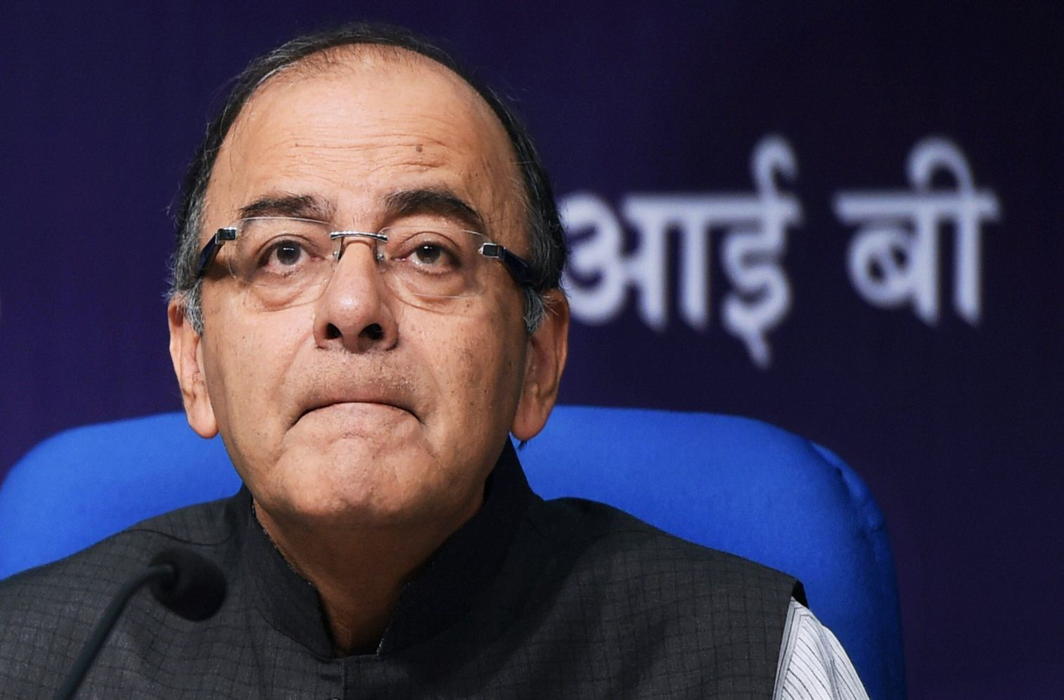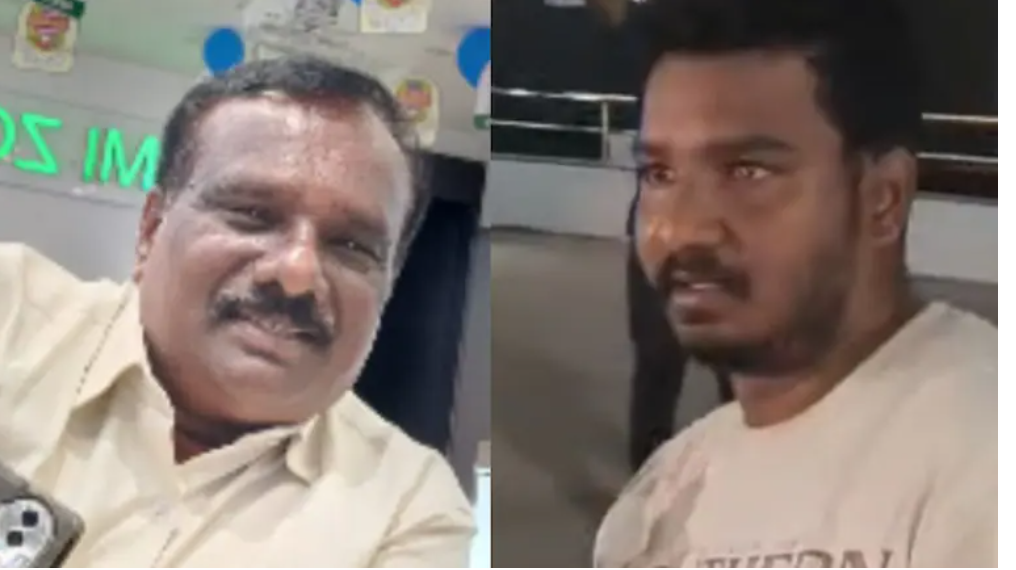[vc_row][vc_column][vc_column_text]BJP’s move comes a day after a united Opposition, led by the Congress party, said that it would observe the first anniversary of demonetisation as ‘black day’
In a move aimed at countering possible political backlash triggered by a united Opposition’s plan to observe the first anniversary of Prime Minister Narendra Modi’s demonetisation decision as a ‘black day’, the BJP will commemorate the event in its own way by celebrating it as ‘Anti-black money day’.
Union finance minister Arun Jaitley, on Wednesday, said that the BJP will mark the first anniversary of noteban – on November 8 – as ‘Anti-black money day’ while claiming that the Congress party had “not understood the object of demonetisation”.
Last year on November 8, Prime Minister Narendra Modi had in a surprise move demonetised old Rs 500 and Rs 1,000 currency notes. The move, for which the BJP is still struggling to give a credible explanation, had wreaked havoc on the lives of common citizens who had to queue up for hours, at times even days, outside banks to get their demonetised notes deposited in their accounts or exchanged for legal tender. Several economists, including non-Indians, have repeatedly slammed the move and claimed that it was one of the reasons for the slowing pace of India’s economy – a charge that the BJP has assiduously rejected.
BJP leaders, from Prime Minister Modi to party president Amit Shah and a host of other union ministers and office bearers, have given multiple reasons to explain why demonetisation was a good step even as former RBI governor Raghuram Rajan and other officials of the reserve bank have hinted that Modi hadn’t taken them into confidence before announcing the decision.
The BJP leadership has at different times given unrelated rationale for the move, with Modi initially claiming that it would end black money and curb terrorism while on other occasions BJP leaders, including Jaitley, have claimed that the move was triggered by the objective of reducing cash flow in the economy and switching to digital currency and transactions.
However, the BJP’s claim that demonetisation helped curb black money seems hard to digest considering that the RBI has gone on record to state that 99 per cent of the demonetised currency had made its way back into the banking system – in effect meaning that the black money in circulation in the Indian economy before November 8, 2016 had been turned legitimate by its hoarders who managed to deposit their illicit money into bank accounts.
On Wednesday, Union finance minister Jaitley offered what seemed like a laundry list of justifications for demonetisation. He said that the main objectives of the note ban were “to reduce the quantity of cash currency, increase taxpayers base, squeeze terror funding and digitise commercial transactions.” Jaitley said confiscation of money was never the object of demonetisation.
The finance minister also hit out at the Congress for calling demonetisation the single biggest money laundering scheme and the “scam of the century” by asserting that the Congress had the adequate opportunity to be in power and yet it did not take any significant action to remove black money. He said the ownership of money before demonetisation was not known to the system, but due to the noteban decision the money that came into the banking system is now accountable to the authority concerned.
On Tuesday, senior Congress leader Ghulam Nabi Azad, Trinamool Congress MP Derek O’Brien and rebel JD (U) leader Sharad Yadav had, at a press conference, declared that 18 Opposition parties, including the DMK, Left parties, SP and BSP, had agreed to observe November 8 as a ‘black day’ and that these parties would organise nation-wide agitations against demonetisation.[/vc_column_text][/vc_column][/vc_row]
























